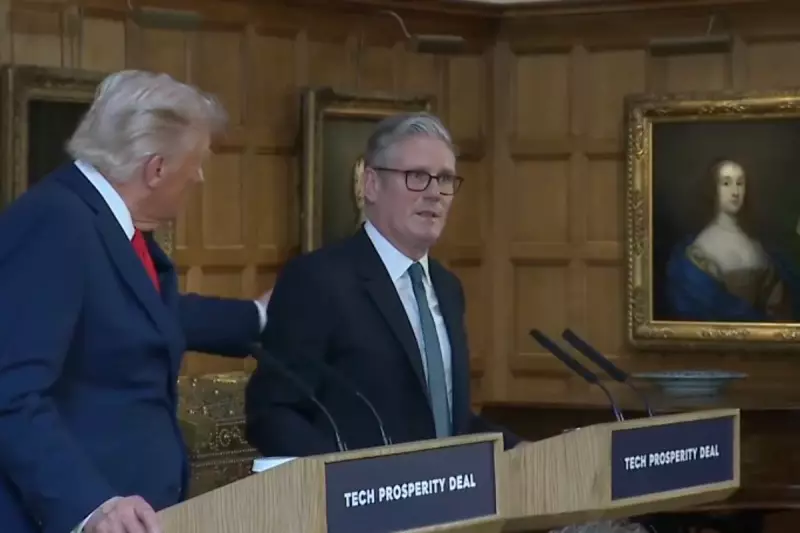
In a stunning political broadside that has ignited controversy across the Atlantic, former US President Donald Trump has launched a vicious and factually inaccurate attack on Sir Keir Starmer, accusing the Labour leader of having "opened the borders" to Hamas fighters.
The incendiary comments, made during a rally in Florida, represent a significant intervention into UK politics from the likely Republican presidential nominee. Trump claimed, without providing a shred of evidence, that militants had been allowed into Britain and were now "all over the place".
A Coordinated Smear Campaign
Political analysts suggest Trump's remarks are not an isolated incident but appear to be part of a coordinated effort to influence British politics. The attack echoes similar unfounded claims made by former UKIP leader Nigel Farage, who recently suggested on television that Sir Keir was a "danger to the nation".
This alignment of messaging between Trump and Farage points to a deliberate strategy to undermine the Labour leader, who currently enjoys a substantial lead in the polls ahead of the next general election.
Swift and Forceful Condemnation
The backlash against Trump's comments was immediate and forceful. A spokesperson for Sir Keir Starmer condemned the allegations as "categorically false and dangerously misleading".
Security experts were quick to point out the complete lack of evidence for Trump's claims. There are no records of Hamas fighters being allowed entry into the UK, and Britain's border security remains among the most robust in the world.
The Wider Political Context
Trump's intervention comes at a particularly sensitive time in UK politics. With a general election looming, foreign interference in British democratic processes is being treated with extreme seriousness.
The incident also highlights the growing export of divisive American political rhetoric, where baseless allegations about border security and immigration have become commonplace campaign tactics.
Impact on UK-US Relations
This episode raises important questions about the future of the special relationship should Trump return to the White House. Attacking a potential future British Prime Minister represents a significant departure from diplomatic norms.
Foreign policy experts warn that such rhetoric could strain the crucial transatlantic alliance, particularly regarding coordinated approaches to complex international issues like the ongoing conflict in Gaza.
The UK government has so far maintained a diplomatic silence on the matter, likely reflecting the delicate nature of commenting on the political processes of a key ally.





